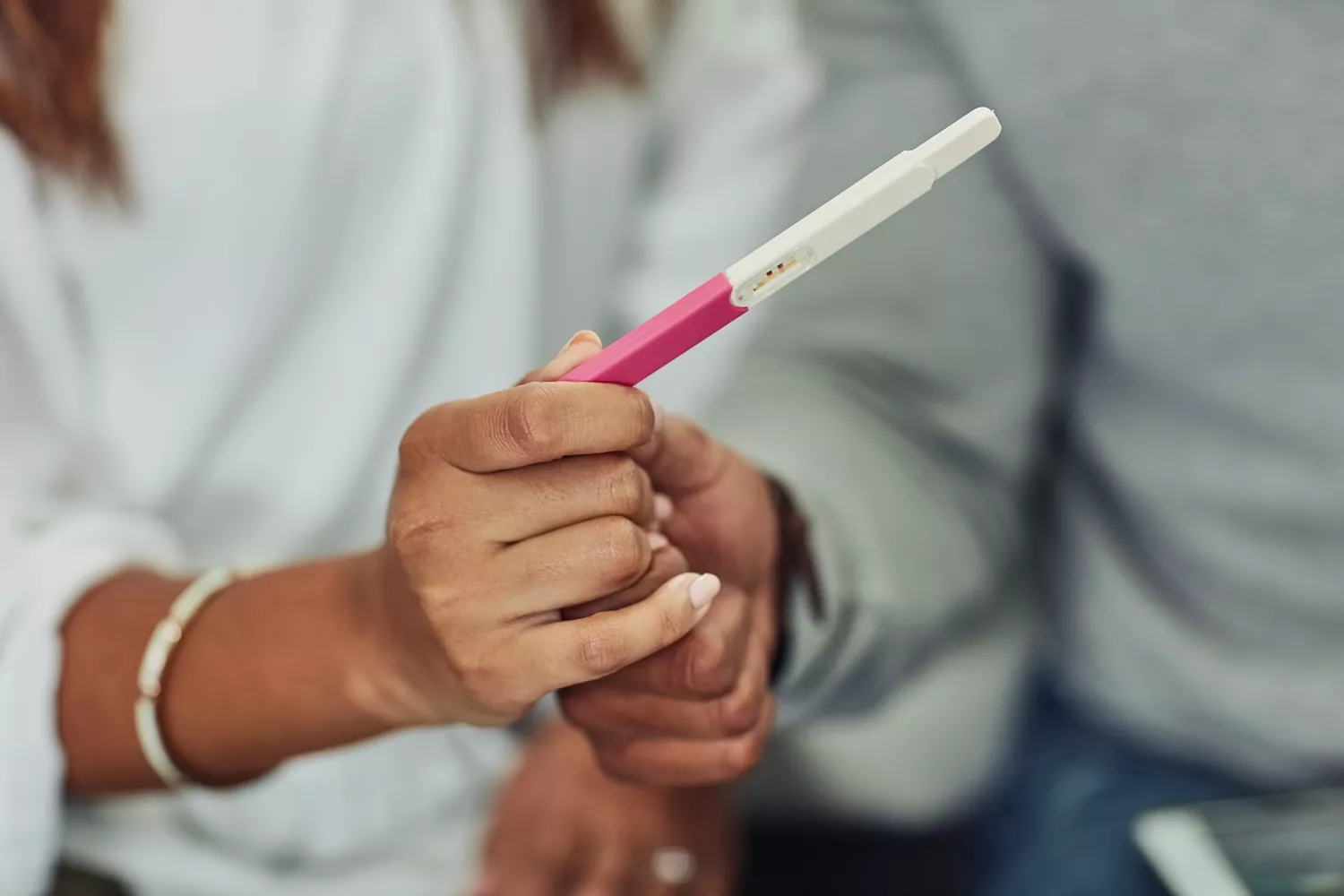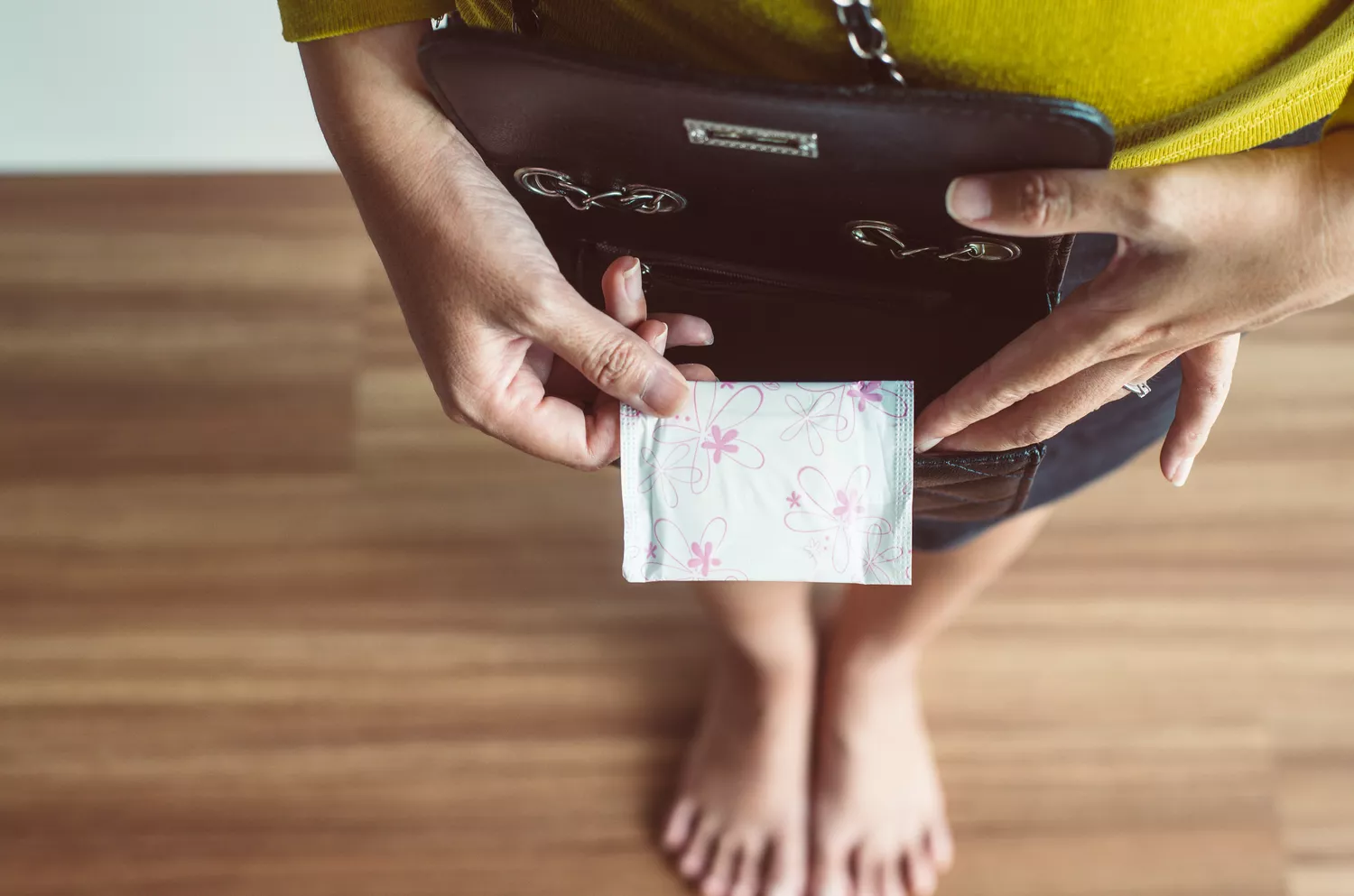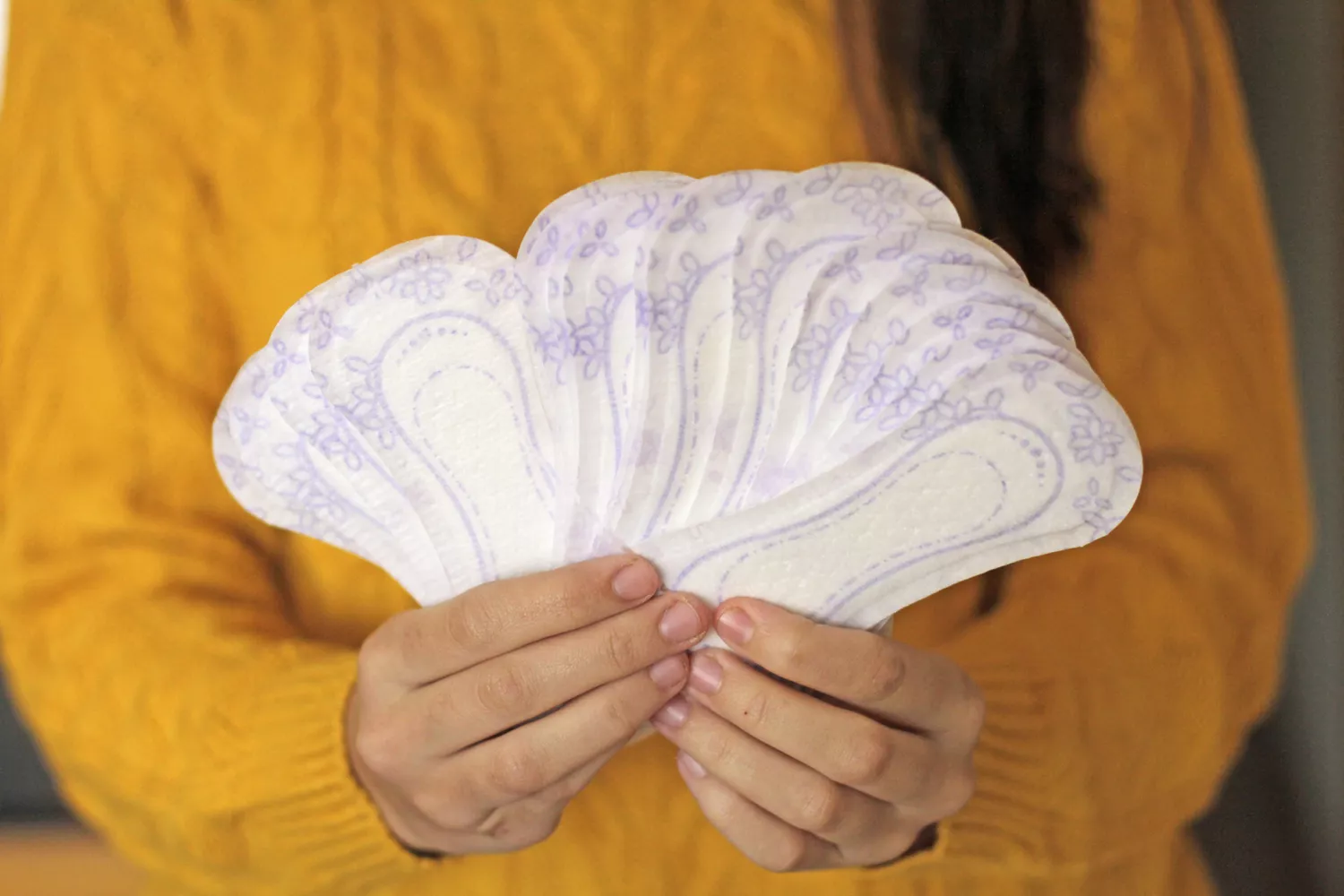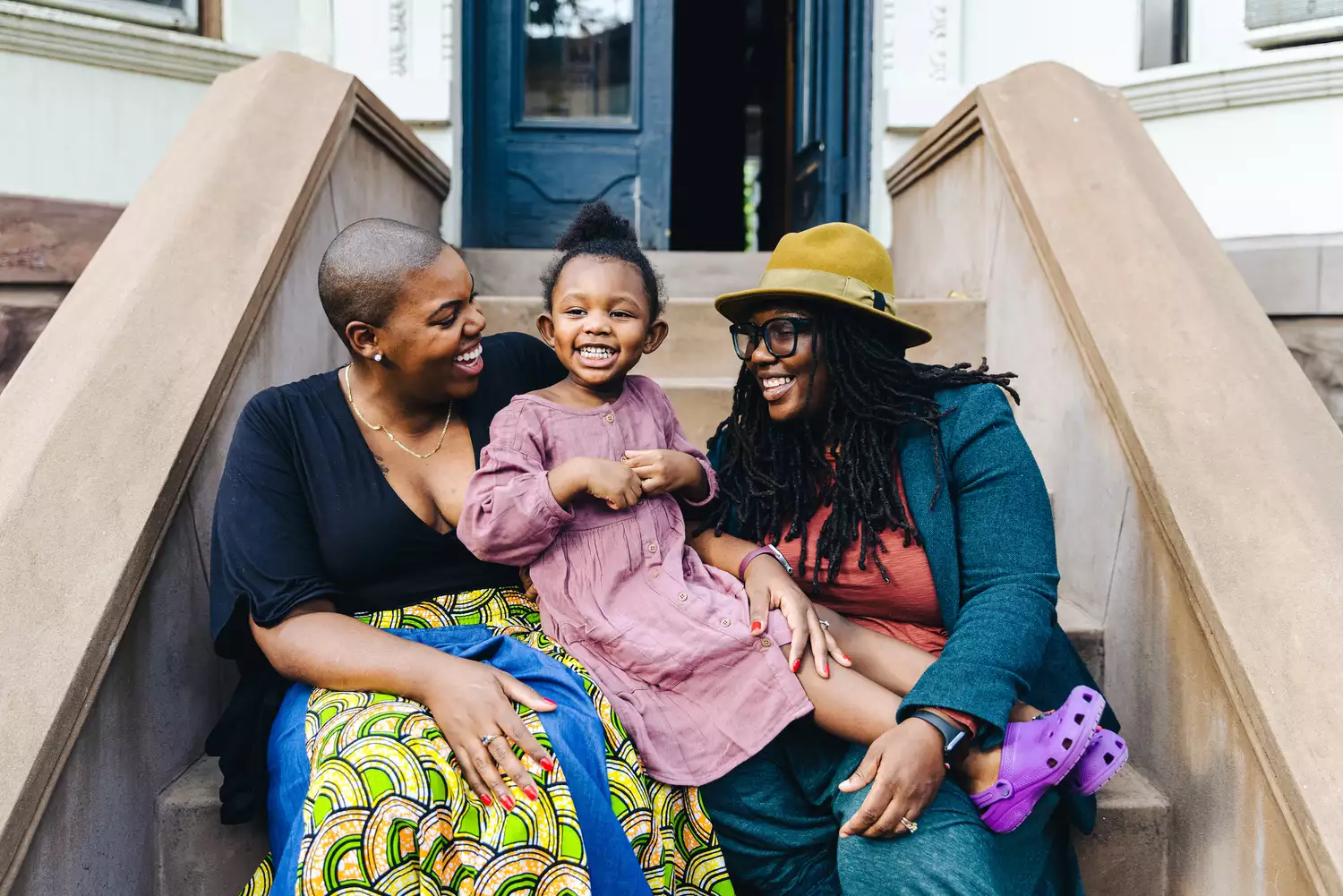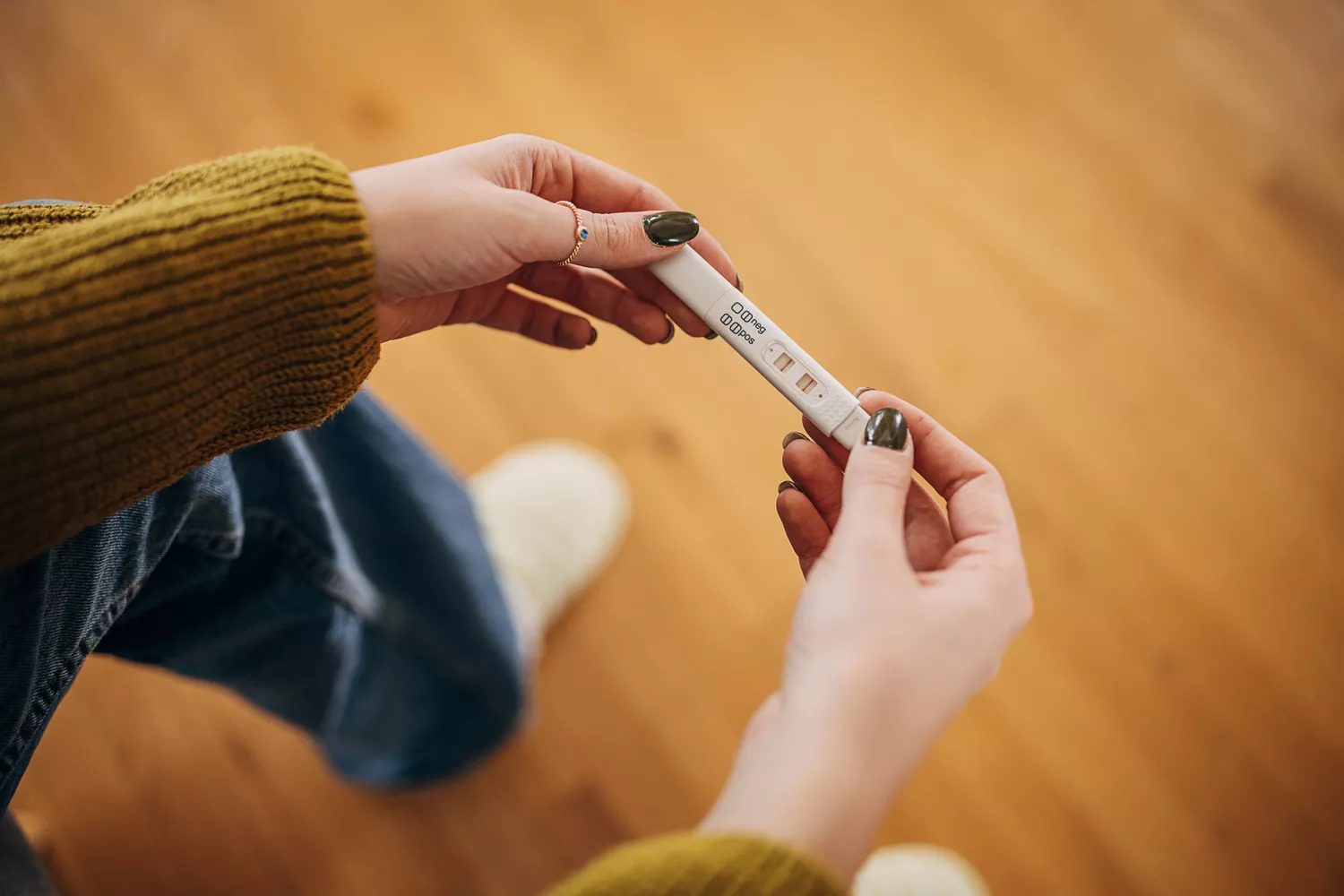Can you get pregnant while breastfeeding?
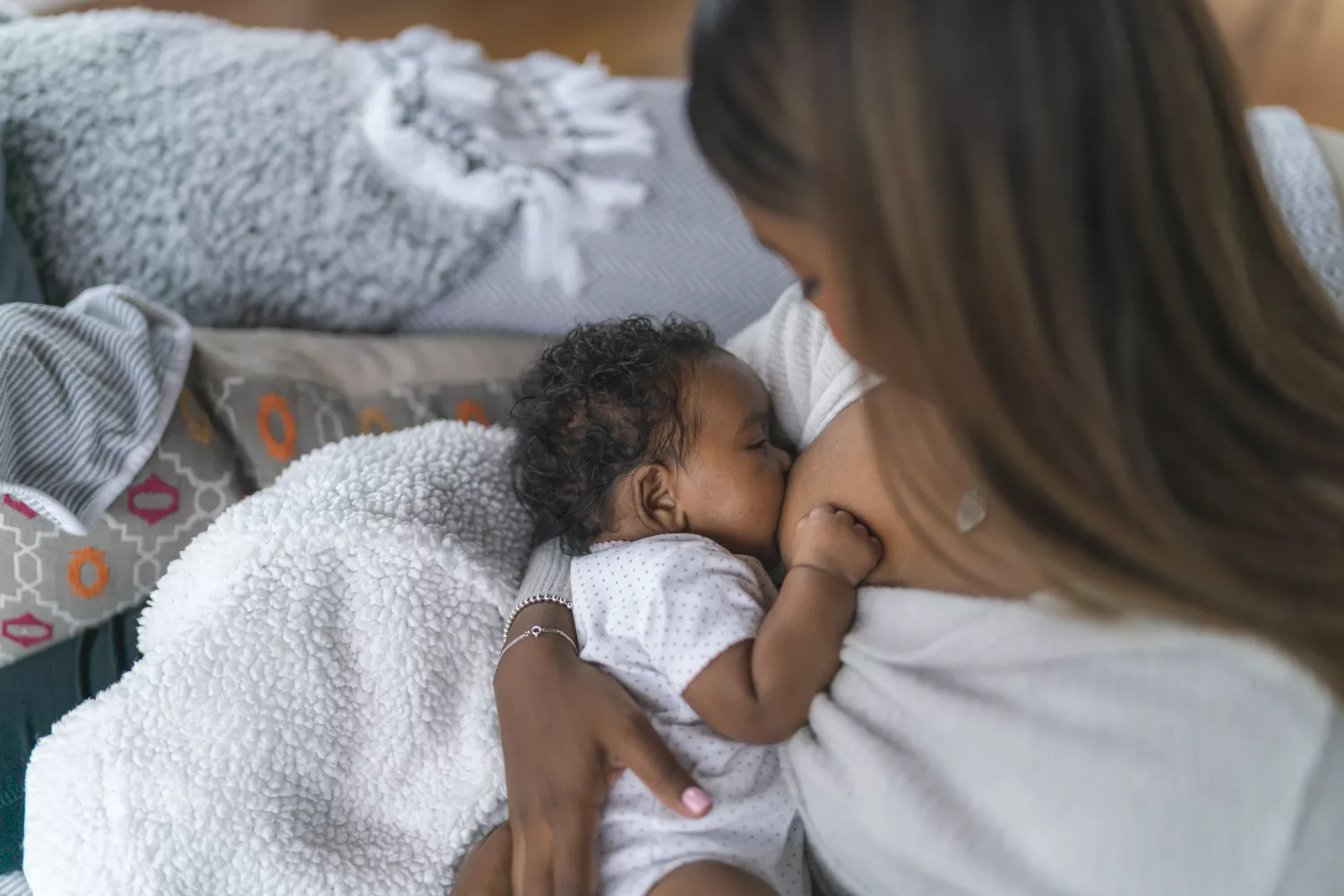
You may wonder if you can get pregnant while breast-feeding or chest-feeding. Some people might want to prevent pregnancy while their babies are young. Some people may want to become pregnant after their babies have grown up, but still breastfeed.
Many women have questions regarding getting pregnant when breastfeeding or body-feeding. These include what your chances of conceiving are, if you can conceive before your period comes back, and the best methods of birth control to use while breastfeeding. If you are still nursing, you may be wondering how you can tell if you have conceived and what would happen to your milk supply if you do.
Three experts are here to answer your questions on getting pregnant and breastfeeding. Continue reading to learn more.
Breastfeeding is beneficial for both parent and baby
What are the chances of getting pregnant while breastfeeding?
If you are breastfeeding exclusively, you may be more likely to become pregnant.
It is unlikely that you will become pregnant during the first months of breastfeeding. It’s not impossible, but it’s rare. Some women have become pregnant as soon as three weeks after giving birth, but this is extremely rare.
Breastfeeding or chestfeeding (where the baby only consumes breast milk) can suppress ovulation and delay fertility, especially during the first six months postpartum, Dr. Farishta adds. Dr. Farishta says that exclusive breastfeeding (where the infant only consumes breastmilk) or chest-feeding can suppress , ovulation, and delay the return to fertility. This is especially true during the first 6 months after birth.
According to Jill Purdie M.D. a board-certified OB/GYN at Pediatrix Medical and medical director, this method only works if certain conditions are met.
Dr. Purdie advises that you must breastfeed every 4-6 hour, your baby cannot be older than 6 months, and the period must not have started yet. The risk of getting pregnant increases once you wean your baby, when the child is older than 6 months or when your period returns.
Can you get pregnant while breastfeeding without resuming your period?
You can still get pregnant if you are breastfeeding, even if your period hasn’t started yet. People who are exclusively breastfeeding or body-feeding may not see their period for some time and assume they are not fertile. It’s most of the time that this is true, which is why it is rare to get pregnant while breastfeeding your infant. It’s not impossible, but it’s unlikely.
It is possible to get pregnant before you have your period again after pregnancy. Ovulation occurs about two weeks before the start of your period.
How will I know if I am pregnant while breastfeeding?
It’s difficult to tell if you are pregnant because most people don’t have a period in the early months of breastfeeding. It can be hard to tell if you are pregnant because most women don’t get a period during the first few months of breastfeeding.
She says that you can tell if you are pregnant by other early signs. These would include increased breast tenderness/pain, fatigue and/or nausea.
Kristin M. Mallon, C.N.M. R.N. is a certified nurse-midwife, co-founder, and CEO of FemGevity. She says that some women will show symptoms early on, while others may not.
How to Wean My Breastfeeding Toddler (Gently).
What happens to your milk if you get pregnant while breastfeeding?
It’s possible that you have heard your supply of decreases if you become pregnant and continue to breastfeed. While this is a common occurrence, it does not happen to everyone.
Mallon says that some people may not notice any changes, while others can experience more. The hormones during pregnancy can affect the amount of breastmilk, and some women do notice a reduction. Mallon says that pregnancy can also change the taste of breastmilk, but it is only noticeable when breastfeeding a toddler or older child who will react more strongly to the taste.
You will still produce colostrum in the middle part of your pregnancy. Your baby may even notice an increase in supply. Once your baby is born, you can be certain that colostrum will be available for them.
“After the birth, the first milk, known as colostrum will be thick, nutrient-rich, says Dr. Farishta. Your milk supply will increase as hormone levels shift to support breastfeeding during the postpartum phase.
How to prevent pregnancy while breastfeeding
There are several safe birth control methods that can be used to prevent pregnancy while breast-feeding or chest-feeding. Dr. Farishta explains. Barrier methods (like diaphragms or condoms) as well as hormonal methods such a progesterone IUDs and -only birth control pills are all options. Experts recommend avoiding estrogen-based methods, but copper IUDs without hormones can be used.
It’s best to choose progesterone only if you are worried about hormonal birth control affecting your milk supply. Dr. Farishta explains that estrogen-containing contraceptives, such as the combined oral contraceptives and vaginal rings, can reduce milk production. It is important to talk to your doctor about your options to choose a method which is both safe and effective for your baby and you.
You can also contact your OB/GYN or other health care provider if you have any further questions.
What If You Want to Get Pregnant While Nursing?
Some parents want to have their second child as soon as possible. While most people don’t plan to become pregnant before their baby is a year old, others may be more eager to do so. It can be frustrating if breastfeeding or chest-feeding prevents them from getting pregnant.
“It’s difficult to get pregnant while breastfeeding when your period hasn’t returned,” Dr. Purdie says. Some people will have to decide to reduce or stop their breastfeeding to allow the ovulation cycle to resume so they can get pregnant again.
It’s not just breastfeeding that can cause you to have trouble conceiving. Dr. Farishta says that aging, thyroid problems, and medical conditions such as polycystic Ovarian Syndrome can all cause a reduction in fertility.
You can talk to an OB/GYN to determine what is best for you if you’ve tried to conceive and failed to do so while breast- or chest-feeding.


